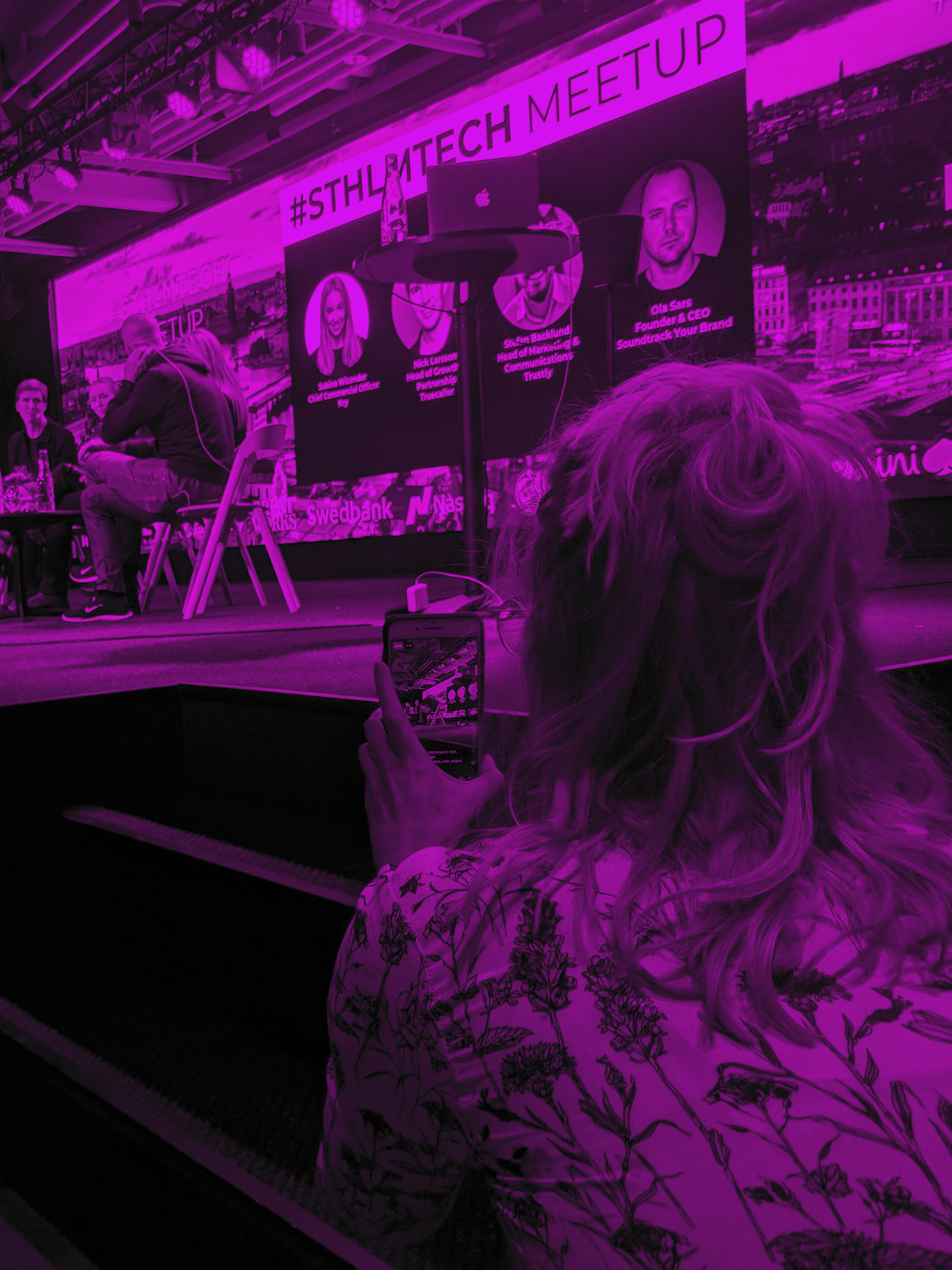Public pitching events at meetups, conferences, and competitions are promoted as a way to showcase curated entrepreneurs and provide insight into the pitching process and investors' perspectives. Attendees included aspiring and established entrepreneurs, investors, educators, mentors, and business agency employees. These events taught the audience how to effectively hype products, startups, and ideas, a skill deemed essential for entrepreneurial success. However, hype was a controversial tactic, often ignored and seen as a form of cynical aggrandizement conflicting with Swedish social norms. Despite this, hype was crucial for storytelling that attracted allies who could provide resources, advice, expertise, and networks. It acted as the connective tissue of entrepreneurial projects, yet its value was overshadowed by negative perceptions, diverting its use toward the interests of a few community actors, particularly VC investors.
